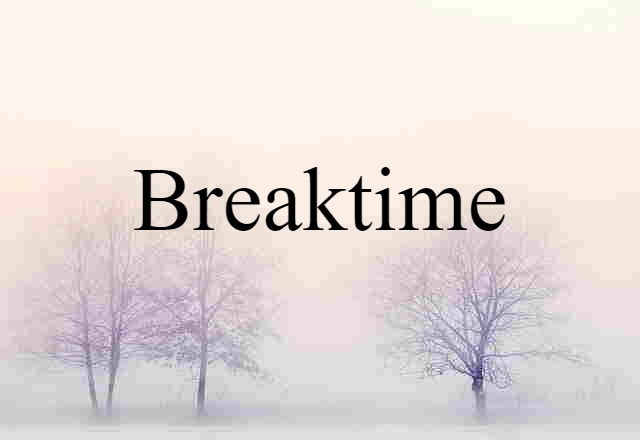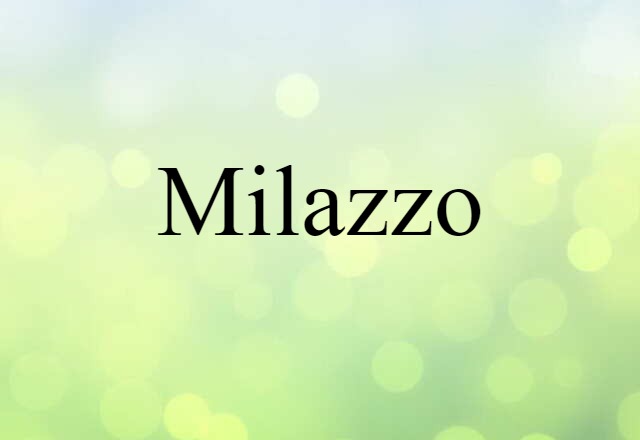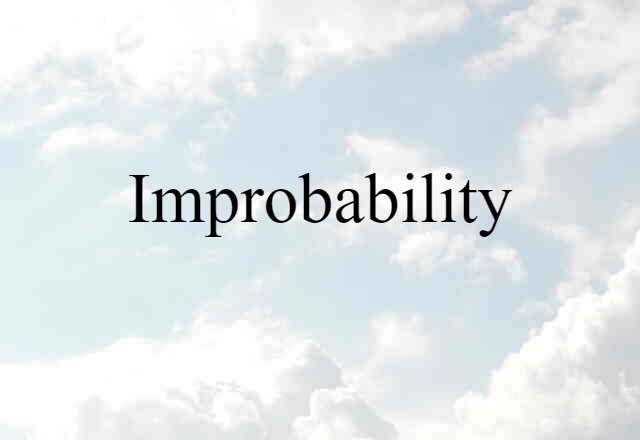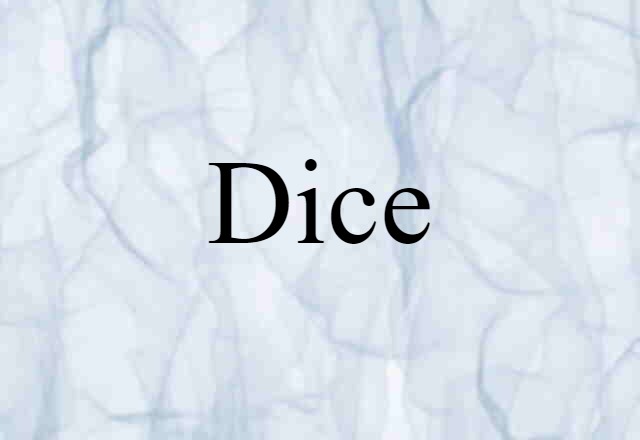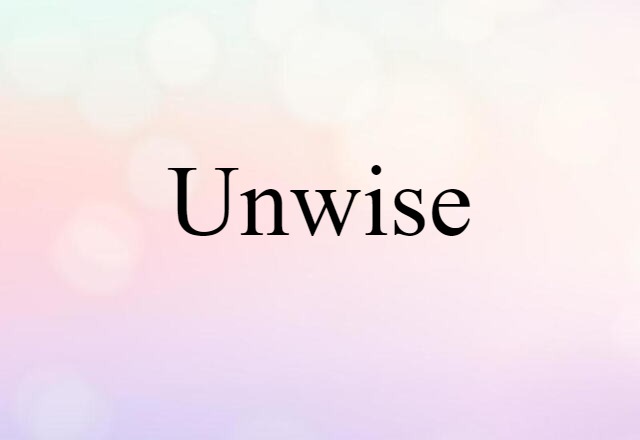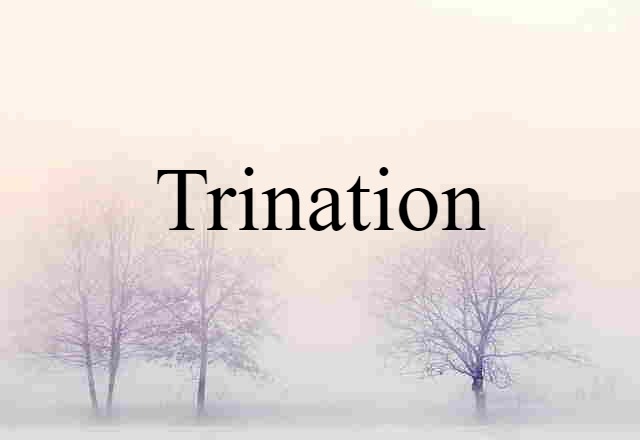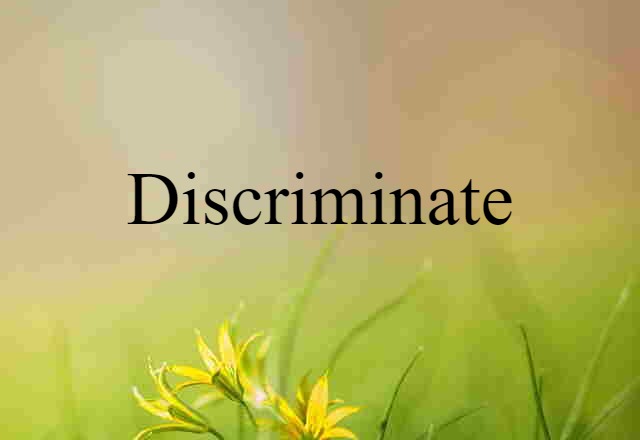- a state or quality of feeling at a particular time: What's the boss' mood today?
- a distinctive emotional quality or character: The mood of the music was almost funereal.
- a prevailing emotional tone or general attitude: the country's mood.
- a frame of mind disposed or receptive, as to some activity or thing: I'm not in the mood to see a movie.
- a state of sullenness, gloom, or bad temper.
- Grammar.
- a set of categories for which the verb is inflected in many languages, and that is typically used to indicate the syntactic relation of the clause in which the verb occurs to other clauses in the sentence, or the attitude of the speaker toward what they are saying, such as certainty or uncertainty, wish or command, emphasis or hesitancy.
- a set of syntactic devices in some languages that is similar to this set in function or meaning, involving the use of auxiliary words, such as can, may, might.
- any of the categories of these sets: the Latin indicative, imperative, and subjunctive moods.
- a classification of categorical syllogisms by the use of three letters that name, respectively, the major premise, the minor premise, and the conclusion.
- a temporary state of mind or temper
- a sullen or gloomy state of mind, esp when temporary
- a prevailing atmosphere or feeling
- in a favourable state of mind (for something or to do something)
- a category of the verb or verbal inflections that expresses semantic and grammatical differences, including such forms as the indicative, subjunctive, and imperative
- one of the possible arrangements of the syllogism, classified solely by whether the component propositions are universal or particular and affirmative or negative



